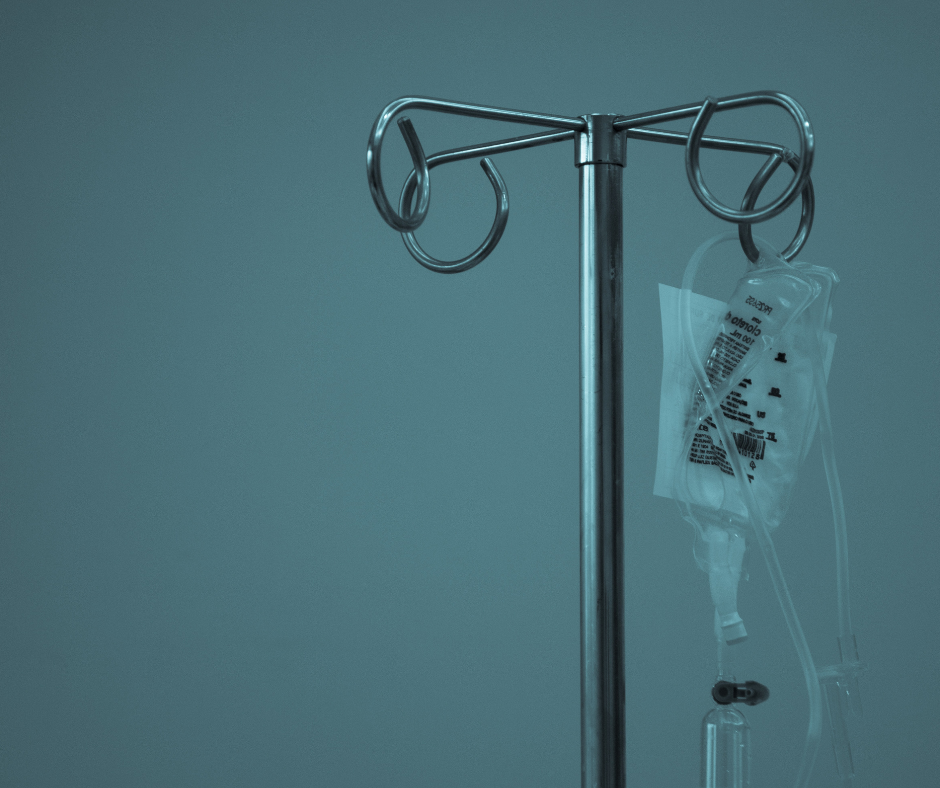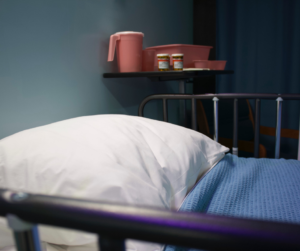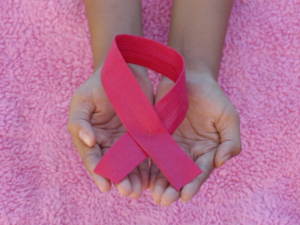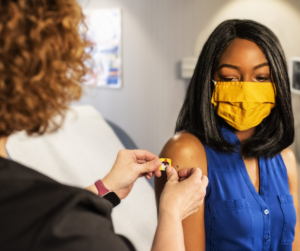Nilesh Kalariya, PhD, AGPCNP-BC, AOCNP
The Food and Drug Administration approved Carvykti (ciltacabtagene autocleucel, Janssen Biotech Inc.) in February 2022 making it the second chimeric antigen receptor (CAR) T-cell therapy for relapsed/refractory multiple myeloma (MM). The first was Abecma (idecabtagene vicleucel, Bristol Myers Squibb), which was approved in March 2021. Like Abecma, Carvykti is also a B-cell maturation antigen (BCMA)-directed genetically modified autologous T-cell immunotherapy approved for adult patients after 4 or more prior lines of therapy including a proteasome inhibitor, an immunomodulatory agent, and an anti-CD38 monoclonal antibody.1
Carvykti is a second-generation CAR T-cell containing an ectodomain, a transmembrane domain (TMD), and an endodomain.2 The ectodomain consists of two subunits, an antigen recognition domain and spacer/hinge. The antigen recognition domain possesses a short chain variable fragment (ScFv) containing two heavy chains linked with each other by a flexible linker. Thus, antigen recognition domain helps to recognize two epitopes of BCMA. The spacer/hinge connects ectodomain to TMD. Besides, the spacer/hinge also enhances antigen attachment, flexibility, and formation of synapses between Carvykti and BCMA-containing target cells. The TMD consists of a lipophilic CD8α helical domain which facilitates CAR binding to the cell membrane to allow for CAR T-cell signaling. The endodomain harbors a costimulatory domain 4-1BB and a T-cell activation domain CD3ζ, which possesses three immunoreceptor tyrosine-based activation motif.
CARTITUDE-1 Study
The results of a pivotal CARTITUDE-1 study3 led to FDA approval of Carvykti. The CARTITUDE-1 study was a single-arm, open-label, U.S.-based multicenter phase 1b/2 clinical trial (NCT03548207) aimed to assess the safety and clinical efficacy of ciltacabtagene autocleucel (cilta-cel).Some of the main eligibility criteria for this study were:
- patients were 18 years of age or older and diagnosed with MM;
- patients had received 3 or more previous lines of therapy;
- patients had an Eastern Cooperative Oncology Group (ECOG) performance status less than or equal to 1.
The study enrolled a total of 113 patients of which 97 patients received cilta-cel infusion (phase 2 dose of 0.75 x 106 CAR-positive viable T cells per kg) between July 16, 2018 and Oct. 7, 2019.
One-Year Results
The initial results of CARTITUDE-1 study at 12 months showed early, deep, and durable responses.3 The baseline characteristics of study population included the following:
- average age of the patients was 61 years (range 56-68);
- 59% of the patients were male;
- almost 96% of the patients had an ECOG performance status score less than or equal to 1;
- the median number of prior anti-MM therapies was 6 (range 4-8);
- based on the revised MM International Staging System (R-ISS), the percentage of the patients with stage I, or stage II, or stage III was 63, 23, and 14, respectively;
- the percentage of patients with high-risk cytogenetics abnormalities, which included del17p (20%), t(4;14) (3%), and t(14;16) (2%), was 24%.
Among 95 evaluable patients, the overall response rate (ORR) was 96.9% (range 91.2%-99.4%) (95% confidence interval [CI]) among which 67% had a stringent complete response, 26% had very good partial response, and 4% had partial response. Of the 67% patients with a stringent complete response, 34% had negative minimal residual disease (MRD).
In terms of safety, grade 3 or higher any adverse events were reported in 94% of the patients.2 Among all adverse events, hematological events were most common, including neutropenia, 95%; anemia, 68%; thrombocytopenia, 60%; leukopenia, 61%; and lymphopenia, 50%. Grade 3 or higher-grade cytokine release syndrome (CRS) and neurotoxic effects were observed in 4% and 9% of the patients, respectively. The Carvykti package insert includes a boxed warning for CRS, neurotoxic effects, parkinsonism and guillain-barre syndrome, hemophagocytic lymphohistiocytosis/macrophage activation syndrome (HLH/MAS), and recurrent cytopenias.1
Two-Year Results
Recently, 2-year follow-up results of the CARTITUDE-1 study were also published showing sustained deep and durable responses in standard-risk as well as high-risk subgroups.4 Among 95 evaluable patients, at a median follow up of 27.7 months, the ORR was 97.9% (range 92.7%-99.7%) (95% CI) among which 82.5% had a stringent complete response, 12.4% had very good partial response, and 3.1% had partial response. Of the 82.5% patients with a stringent complete response, 44.3% had negative minimal residual disease (MRD). The patients with progressive disease and non-evaluable patients were 1% each. It is interesting to note that stringent complete response in 67% of the patients at 12-month median follow-up increased to 82.5% with sustained MRD negativity at 27.7 months median follow-up.
Table. Abecma vs Carvykti: Two distinct differences.
| Abecma | Carvykti | |
| Ectodomain | Binds to one epitope of BCMA | Binds to two epitopes of BCMA |
| Recommended dose | 300 – 460 x 106 CAR T-cells/kg | 0.5 – 1.0 x 106 CAR T-cells/kg |
Abecma and Carvykti, the two FDA-approved CAR T-cell therapies, have similarities in some aspects. Both are second-generation designs with identical endodomain (CD3ζ – 4-1BB) to target BCMA on the target cells for patients with relapsed and refractory MM who have been triple-class exposed. The two distinct differences are ectodomain structure and recommended dose (see Table). In a matching-adjusted indirect comparison of data from two pivotal studies (KarMMa and CARTITUDE-1), Carvykti appeared to have higher response rates and longer progression-free survival and durability of responses.5

References
- 2022. CARVYKTITM (ciltacabtagene autoleucel) package insert. Available at https://www.fda.gov/vaccines-blood-biologics/carvykti
- Chekol Abebe, E., Yibeltal Shiferaw, M., Tadele Admasu, F., & Asmamaw Dejenie, T. (2022). Ciltacabtagene autoleucel: The second anti-BCMA CAR T-cell therapeutic armamentarium of relapsed or refractory multiple myeloma. Front Immunol. 2022 Sep 2; 13:991092. doi: 10.3389/fimmu.2022.991092.
- Berdeja, J.G., Madduri, D., Usmani, S.Z., Jakubowiak, A., Agha, M., Cohen, A.D., ……Jagannath, S. (2021). Ciltacabtagene autoleucel, a B-cell maturation antigen-directed chimeric antigen receptor T-cell therapy in patients with relapsed or refractory multiple myeloma (CARTITUDE-1): a phase 1b/2 open-label study. Lancet. 2021 Jul 24;398(10297):314-324.
- Martin, T., Usmani, S.Z., Berdeja, J.G., Agha, M., Cohen, A.D., Hari, P., …Jagannath S. Ciltacabtagene Autoleucel, an Anti-B-cell Maturation Antigen Chimeric Antigen Receptor T-Cell Therapy, for Relapsed/Refractory Multiple Myeloma: CARTITUDE-1 2-Year Follow-Up. J Clin Oncol. 2022 Jun 4:JCO2200842. doi: 10.1200/JCO.22.00842.
- Martin, T., Usmani, S.Z., Schecter, J.M., Vogel, M., Jackson, C.C., Deraedt, W., ………Samjoo, I.A. (2021). Matching-adjusted indirect comparison of efficacy outcomes for ciltacabtagene autoleucel in CARTITUDE-1 versus idecabtagene vicleucel in KarMMa for the treatment of patients with relapsed or refractory multiple myeloma. Curr Med Res Opin. 2021 Oct;37(10):1779-1788.







